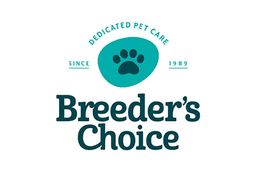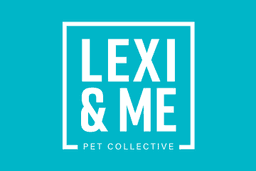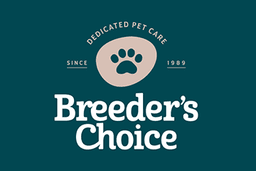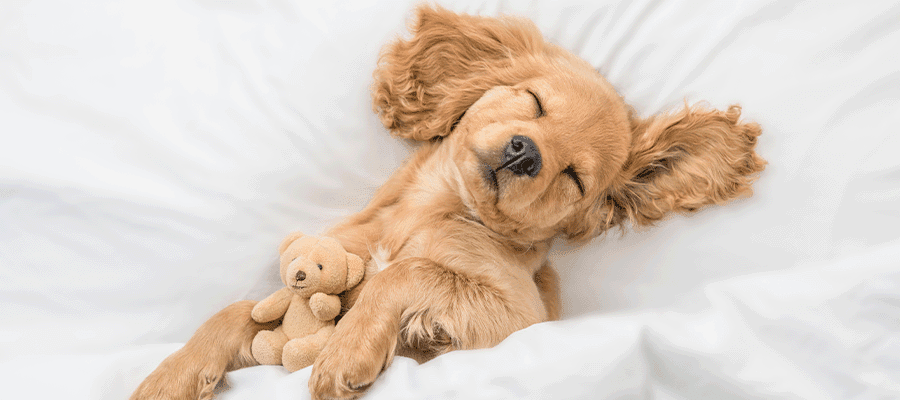Do dogs dream? A Guide to Understanding your dog’s sleep cycle
Gather ‘round, furry friends and fans. Let us tell you a bedtime story.
Not so long ago, in a land not so far away, there lived a puppy who didn’t know how to sleep – and an owner who didn’t know how to help.
Until PetPost came along – a hairy dog-mother, of sorts – and explained all the need-to-knows of dog dreaming and dozing.
Want to know what we told them? Your wish is our command. And with our advice, you and your pooch will live (and sleep) happily ever after.
Why do dogs sleep so much?
If you were to conduct a comprehensive lab report considering a canine’s catnaps, you’d find no shortage of scientific p-woof to back up their need for sleep.
Dogs are diurnal, which means they catch most of their zzz’s at night – like humans. But unlike humans, dogs are polyphasic sleepers. So they sleep in multiple bouts throughout the day, very different from little ol’ monophasic me.
And because we can all agree that science without math is like a day without walkies (just wrong), we’ve crunched the numbers. Healthy hounds should spend:
- 20% of their time being active
- 30% awake but relaxed
- 50% asleep
- 100% adored!
And the numbers don’t lie.
Do dogs have the same sleep cycles as humans?
Compared to dogs, humans sleep fur-ever. Our sleep cycle lasts 70 to 120 minutes at a time, and we repeat it several times throughout the night.
Dogs, on the other paw, only have 45-minute sleep cycles – which they repeat twice.
But whether you’ve two or four legs, sleep cycles consist of the same components:
- Slow wave sleep (SWS): Where deep sleep is dangled like a bone.
- Rapid eye movement (REM) sleep: The depths of Dreamland.
- Non-REM sleep: RRR time! (Rest, relax, regroup.)
So, considering your pup is squeezing all that in – in half the time us humans are – these underdogs are overachievers.
What do dogs dream about?
It’s safe to say – considering sleepy time is often synonymous with schooltime for dogs – their dreams will be going over things they learned throughout the day.
But you know what they say about dreams: if you tell people about them, they won’t come true! So just pretend we never said that if you want to see your terrier take in that trick you’re teaching them.
A dog’s movements while sleeping could also be a giveaway to what they’re dreaming about. Running on the spot? Chasing rabbits. Sniffing around? Sussing out surroundings.
But if your pooch is whining in their sleep, don’t worry. Most dreams aren’t nightmares – unless the cast of Jurassic Bark decides to show up in their subconscious!
So all in all, it’s best to let sleeping dogs lie.
How can I tell if my dog is getting enough sleep?
Just like us, a tired dog won’t be putting their best paw forward.
In fact, they might even become anxious or aggressive if they’ve been awake too long.
So if you notice your dog acting a bit more ruff around the edges than usual? Get them to the dog-tor, stat.
And in the meantime, remind yourself of the other reasons your dog might be staying up past their bedtime:
- Age: Puppies and older dogs will sleep more than adult dogs.
- Size: Bigger breeds need more sleep than tiny terriers.
- Activity: The busier they are, the harder they fall… asleep.
- Location: Inside dogs are more likely to sleep through the night than outside dogs. And when it comes to a good night’s sleep, there’s no place like home. Just ask Toto!
Can dogs have sleep disorders?
Humans aren’t the only ones who wake up on the wrong side of the bed sometimes. In fact, your pooch could be feeling pooped for the exact same reasons you are.
Whether they stayed up late watching re-runs of Claw and Order, or just couldn’t seem to get some rest (no matter how many cats they counted) – there could be an underlying sleep disorder at play. So you’ll need to make like Sherlock Bones, and investigate.
- Narcolepsy: Is your dog taking ‘drop’ to a whole new level and falling asleep randomly throughout the day?
- Sleep apnea: Is your dog struggling to breathe during sleep – or are they a brachycephalic breed, like a Bulldog or a Pekinese?
- Hypothyroidism: Is your dog extra sleepy?
- Cognitive aging: Is your doggy disoriented?
If you answered ‘yes’ to any of the above, get your pet to the vet.
How to keep your dog well rested
Well, you know what they say: When you wish upon a star, all your dreams come true.
But, if when you look up, all you can see is the bark side of the moon, there are other ways you can improve your pup’s sleep.
- Upgrade their bed: Memory foam? Springs? Fluffed cushions? It’s only the best for your fur baby’s bed.
- Have a regular routine: When you eat, when you play, when you exercise, when you rest. Each day should follow a similar structure – so your dog’s energy can adjust accordingly.
- Potty time before bedtime: If your furry friend relieves themselves before heading to bed, they’re less likely to need to get up throughout the night.
- Set up a sleep schedule: Naps at 11am and 3pm. Asleep by 10pm. Awake by 7am. And no, we don’t care that the new documentary about The Beagles is out at 11 tonight!
- Treat underlying conditions: Whether it be the sleep disorders outlined above, or physical tail-ments like arthritis or diabetes, make sure your hound is healthy.





























